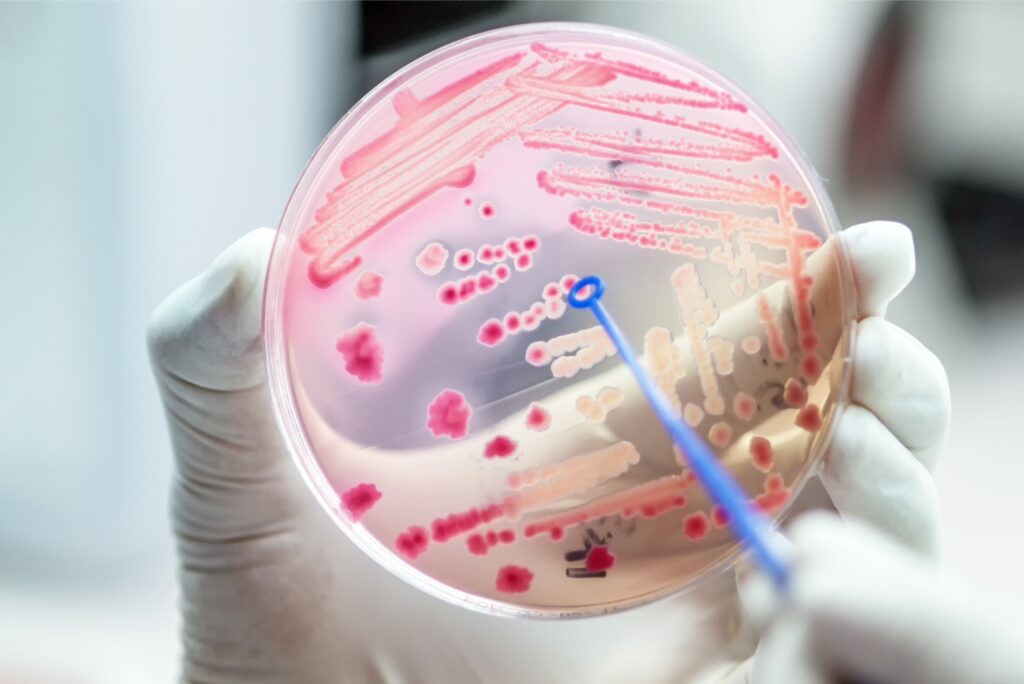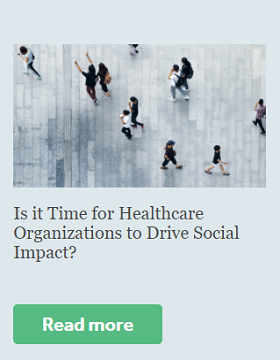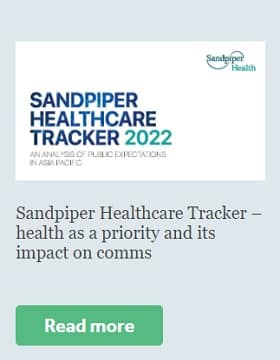
Davos – the litmus test of the global mood

Financial Services PR: Firms Should Take a Proactive Approach
Public Affairs Tracker: Antimicrobial Resistance in the Post COVID-19 Era
June 2022

By Tseng Yi Ying, Account Manager of Sandpiper Health based in Singapore. Yi Ying has broad experience in healthcare communication, patient advocacy, research, stakeholder engagement and content development.
Unlike the past two years, 2022 is the year where many countries embrace endemic living with COVID-19. Borders in Asia Pacific are gradually opening and demand for travel is bouncing back sharply. Domestically, social distancing measures are scaled back as countries seek to restore pre COVID-19 normalcy.
Amidst this optimism, we are aware that with the spectre of Disease X (i.e., a new unknown disease that could cause a future epidemic) looming, we need to keep a close watch on pathogens that are highly infectious or even deadlier than COVID-19 as we continue to plan against future outbreaks
Addressing AMR, the next big health threat
At the same time, we must not neglect other critical health issues such as antimicrobial resistance (AMR). According to the World Health Organisation (WHO), drug-resistant infections contribute to nearly 5 million deaths every year . It is projected that, if nothing changes in our actions, AMR could cause more than 10 million deaths per year globally by 2050 and cost the world approximately US$100 trillion in productivity loss .
Whilst AMR is a naturally occurring phenomenon, mankind is largely responsible for its development and spread in part due to inappropriate use of antimicrobial medication, lack of clean water and sanitation, inadequate infection prevention and control, and improper use of antibiotics for animals and in agriculture which promotes the spread of resistant microbes. This was further exacerbated during the COVID-19 with the irrational off-label use of antivirals.
Today, as countries progress beyond the COVID-19 era, it is more important than ever to channel the necessary resources and attention to fight against AMR as it could jeopardise our ability to fend off future diseases.
Every stakeholder has a role to play
To address AMR, a holistic approach is required, and this entails a collaboration from all relevant stakeholders including health professionals, health students, policy makers, patients, caretakers, and the media who can push for change in their respective remits, specifically in the areas of antimicrobial usage, monitoring, stewardship, infection control, and sanitation practices .
Skills-based training, knowledge sharing, and multi-stakeholder engagement are potential platforms to drive behavioural change within the community and ensure more appropriate usage of antimicrobial drugs as we work towards combating AMR. From the education and health ministries to health institutions and young health professionals, every stakeholder has a role to play in preventing and tackling the spread of AMR in Asia Pacific and beyond.
To learn more about how your organisation can be part of this conversation and forge stronger stakeholder relations around healthcare issues in the Asia Pacific region, GET IN TOUCH with the Sandpiper Public Affairs team.
You may also like:





